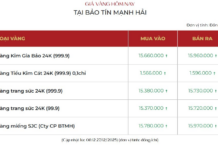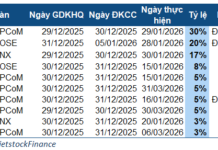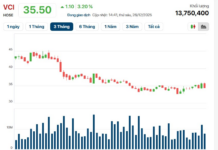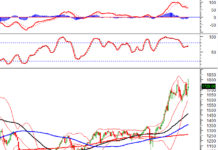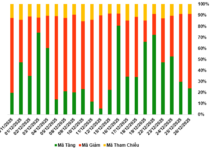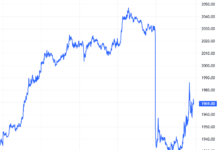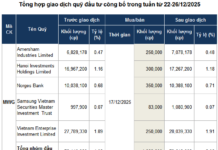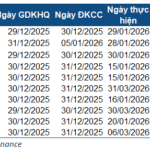Credit Ratings and Sovereign Ceiling
First, let’s clarify what a credit rating is. It’s a measure that assesses credit risk—the ability of a country or corporation to repay debt. For Vietnamese businesses seeking to raise capital through international bond markets, a credit rating is nearly a “passport” to access global investors. The higher the rating, the lower the borrowing cost; however, achieving a high rating depends not only on intrinsic financial health but also on the sovereign ceiling—the maximum rating a country’s entities can attain.
This is an immutable principle in the credit rating industry. In 2024, the three major rating agencies—Moody’s, Fitch Ratings, and S&P Global Ratings—maintained Vietnam’s credit rating at stable levels. Specifically, Fitch and S&P assigned a rating of BB+, while Moody’s retained a Ba2 rating. Consequently, no domestic entity—whether a leading private conglomerate or a major state-owned enterprise—can achieve a rating higher than BB+ with Fitch or S&P, or Ba2 with Moody’s.

Highlighted area: the maximum credit rating Vietnamese companies can achieve as per international rating agencies’ calculations
This means large state-owned enterprises and private companies alike share the same sovereign ceiling. For instance, S&P Global Ratings recently assigned Vietcombank a BB+ rating, Techcombank a BB rating, and Eximbank a BB‑ rating. Typically, the banking sector enjoys higher credit ratings than other sectors. In early 2025, Vinhomes received a Ba2 rating with a stable outlook from Moody’s and a BB- rating with a stable outlook from Fitch.
“Junk” Does Not Mean “Bad”
The term “junk” in credit ratings often leads to misunderstandings. In reality, BB+ is the highest level within the Non-Investment Grade category, just below the Investment Grade threshold (BBB-). Currently, dozens of countries worldwide are rated BB+, BB, or lower by agencies like Fitch, S&P, and Moody’s, placing them in the Non-Investment Grade group. This is not a “junk” category but rather a segment offering higher potential returns with corresponding risks.
Many emerging economies and large corporations have successfully issued international bonds during their BB+ or BB- phases, attracting investors with attractive yields. Indonesia, for example, maintained a BB+ rating for years before achieving Investment Grade status, yet its companies actively raised international capital during that period.
Classifying bonds as Investment Grade or Non-Investment Grade provides investors with an initial perspective and helps determine reasonable interest rates. However, investment decisions are influenced not only by the credit rating label but also by the intrinsic strength and potential of the issuing country or entity.
Thus, a Vietnamese company rated BB+ or BB- is not a sign of weakness or “junk” status. It reflects the characteristics of a developing economy. Understanding the true nature and principles of credit ratings enables investors and the public to view Vietnamese businesses more fairly and objectively. “Junk” is not “bad”; it’s a technical term reflecting risk-adjusted returns by international standards, and Vietnam is steadily progressing toward Investment Grade status in the near future.










